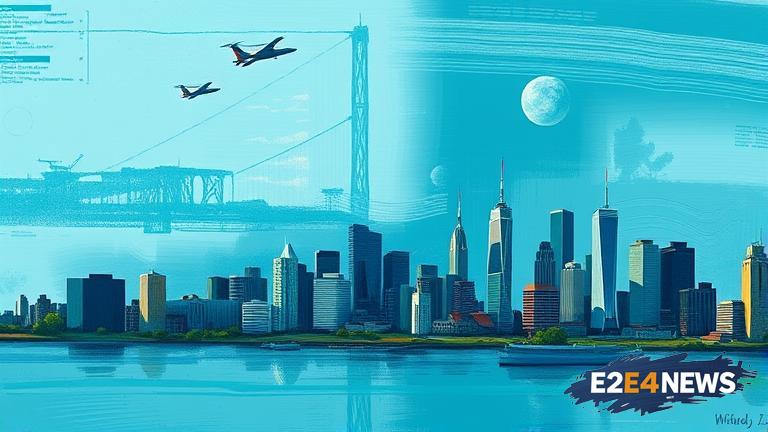The quest for truth in today’s environment is a multifaceted issue that affects individuals from all walks of life. With the rise of social media and the 24-hour news cycle, the dissemination of information has become increasingly rapid and widespread. However, this has also led to the proliferation of misinformation, disinformation, and fake news. As a result, it has become essential to develop critical thinking skills and learn how to effectively evaluate sources. One of the primary challenges in finding truth is the sheer volume of information available. The internet has made it possible for anyone to publish their thoughts and opinions, regardless of their credibility or expertise. This has created a situation where fact and fiction are often intertwined, making it difficult to distinguish between the two. Furthermore, the echo chambers created by social media algorithms can reinforce existing biases and make it even more challenging to uncover objective truth. To combat this, it is crucial to seek out diverse perspectives and engage with people who hold differing viewpoints. Additionally, being aware of one’s own biases and trying to set them aside is vital in the pursuit of truth. Another important aspect is to verify information through reputable sources and fact-checking websites. This can help to identify and debunk false or misleading claims. Moreover, it is essential to understand the motivations and agendas of those presenting information. Are they trying to persuade or manipulate, or are they genuinely seeking to inform? By considering these factors, individuals can make more informed decisions and develop a more nuanced understanding of the world around them. The importance of media literacy cannot be overstated in this context. Being able to critically evaluate the credibility of sources and identify potential biases is a skill that needs to be taught and practiced. Moreover, the role of education in promoting critical thinking and media literacy is vital. By incorporating these skills into school curricula, we can empower future generations to navigate the complex information landscape with confidence. In conclusion, finding truth in today’s environment requires a combination of critical thinking, media literacy, and a willingness to engage with diverse perspectives. By developing these skills and being aware of the challenges and pitfalls, individuals can uncover reliable information and make informed decisions. Ultimately, the pursuit of truth is an ongoing process that requires effort, dedication, and a commitment to lifelong learning. As we move forward in this complex and ever-changing world, it is essential that we prioritize the pursuit of truth and work together to create a more informed and critically thinking society. The consequences of failing to do so could be severe, ranging from the erosion of trust in institutions to the manipulation of public opinion. On the other hand, by working together to promote truth and accuracy, we can build a more just and equitable society where informed decision-making is the norm. This, in turn, can lead to better outcomes in fields such as healthcare, education, and environmental policy, among others. In the end, the pursuit of truth is a collective responsibility that requires the active participation of individuals from all sectors of society. By embracing this challenge and working together, we can create a brighter future for ourselves and for generations to come.
